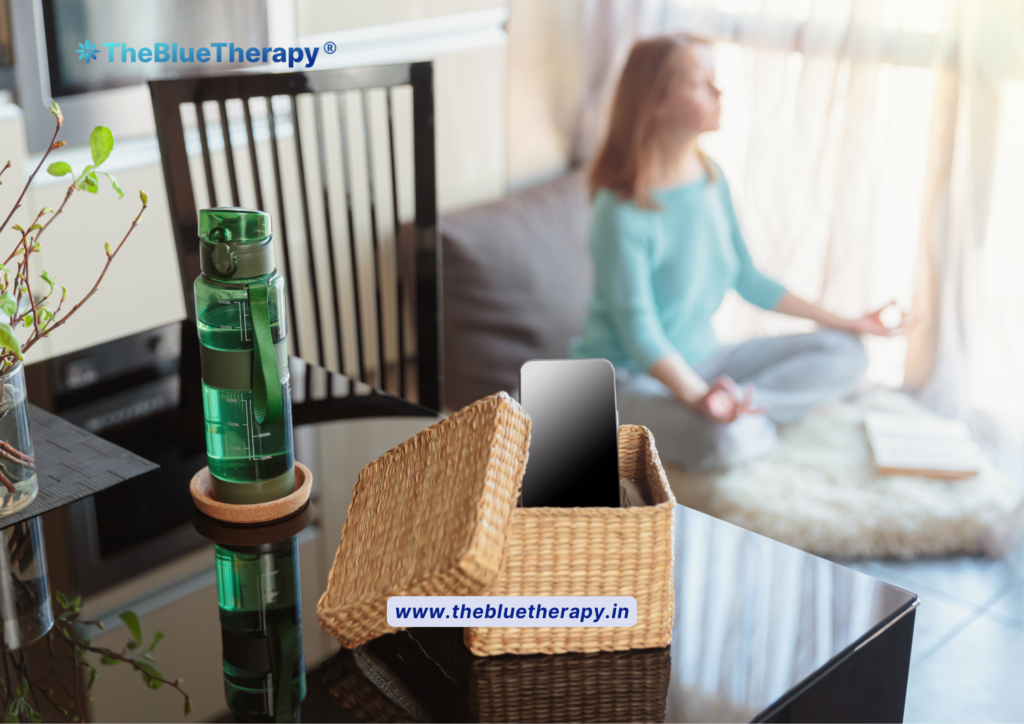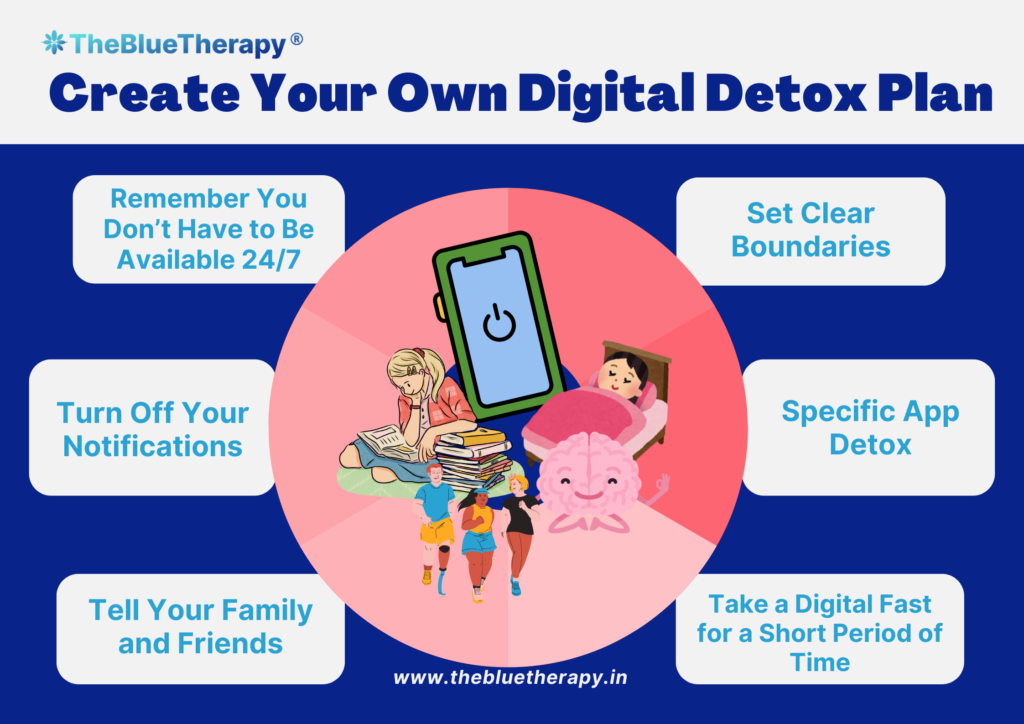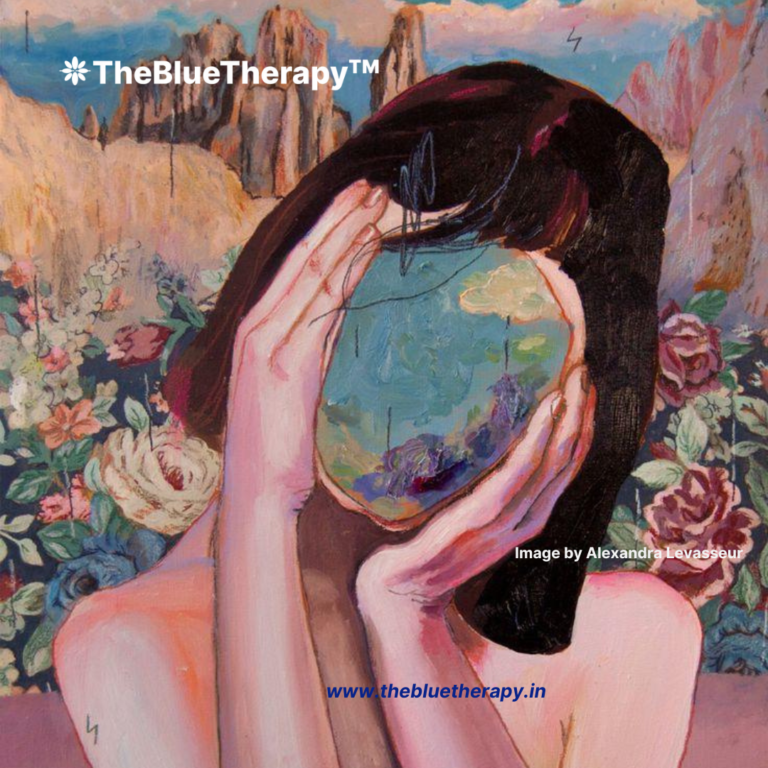Digital Detox: Reclaiming Mental Health in a Hyperconnected World
Introduction
In today’s hyperconnected world, social media has woven itself into the fabric of our everyday lives. It helps us stay connected with friends and family, consume news instantly, research new topics and follow our interests and other hobbies from anywhere in the world. However, as convenient as this sounds, always being online also comes with a cost – particularly to our mental well-being.
Excessive use of social media can contribute to increased feelings of anxiety, depression and burnout. This usage has led numerous people to embrace the concept of taking a ‘social media break or a digital break.’
Benefits of Taking Social Media Breaks

It has been researched that stepping away from social media – even for a brief period of time – can have a profound impact on our mental health.
Our minds deserve a break from all the content we consume on Twitter, Instagram, Snapchat or even just browsing on Google.
Reduced Anxiety:
When we are constantly connected, we see accomplishments from others and keep putting ourselves down. Over time, this can chip away at our confidence, self-esteem, and even our motivation to pursue things in the near future. Taking a digital break helps in stepping away from this toxic cycle of comparison and reduces stress and anxiety.
Improved Focus and Productivity:
The primary source of distraction in our daily lives is Endless and Mindlessly Scrolling on social media platforms. We start to lose focus on our important tasks and spend hours doing nonsensical things. We feel less productive day by day and feel worked up when nothing goes according to the plan. Disconnecting from Social Media allows our brain to readjust to our routine; and also allows us to focus on tasks that matter the most – whether it’s work, hobbies or spending quality time with our friends/family.
Better Sleep Quality:
Almost every day, we fall asleep either scrolling or watching something on our devices. Using devices right before you fall asleep can interfere with the melatonin production in your body. Checking our devices constantly whenever we hear a notification sound makes it even more hard to unwind. Taking a healthy social media break not only leads to better sleep hygiene but also improves our overall energy levels during the day.
Is Digital Detox Really Effective?
While in the recent era, the terms ‘Digital Detox’ and ‘Social Media Detox’ have taken precedence, conversations around these terms usually focus on their effectiveness. And while taking a short break can certainly be refreshing, individuals usually aim for a long-term behaviour change.
Research claims that staying off social media for a week can improve your happiness. It can also help you reassess how much time you wish to spend interacting online instead of offline. Regularly scheduling detoxes, whether it’s over the weekend or once in 3 months, can create a more sustainable digital growth over time.
Can Social Media Platforms Encourage Healthier Habits?
Yes, they can encourage individuals to promote healthier usage. Instagram, a leading social media platform, has already been experimenting with features designed to encourage better digital habits. This has given rise to researching the features that some other social media apps provide – in regards with creating a healthier environment in the digital world.
Time Management Tools:
Instagram has a feature – Time Management which allows you to see how much time you’ve spent online. Two additional features which help point people towards the right direction are Daily Limit and Quiet Mode. While these features try to promote healthier lifestyles, they also rely heavily on an individual’s discipline to adhere to the set boundaries.
Notification Control:
Almost all Social Media platforms allow their users to control and set how they wish to receive notifications. Reducing the frequency of interruptions can reduce the impulse to constantly check one’s phone or other digital devices, offering a more peaceful online experience.
Mindful Scrolling Reminders:
When users have been on the app for a certain amount of time, a gentle nudge could be sent to take a break. A few reminders to stop mindless scrolling can also be helpful. Like Netflix, an OTT platform uses a tactic by asking its viewers if they’re still watching after a few minutes/hours of pausing, encouraging them to reconsider their consumption patterns.
Additional Social Media Features to Help Disengage
Mandatory Time-Out:
Most used platforms can include features like a mandatory time-out, during which a certain app becomes inaccessible for a specified period. Just like Apple’s iPhone has a reminder to stop charging when the device is extremely hot, Social Media Apps can also use a similar feature like this, so that the users are truly committed to taking breaks.
Quiet Hours:
This feature is similar to a Do Not Disturb Mode – during which the notifications are paused entirely. Although it might not be very useful in improving sleep quality, it would definitely encourage its users to be more intentional with their screen time.
Promoting Digital Detox as Challenge:
Introducing digital detox as a community challenge can make individuals feel motivated to participate and hold each other accountable. Users can collectively go offline and platforms can gamify the entire experience by providing badges, streaks and other rewards similar to those of fitness challenges.
How to Disengage and Start Your Own Digital Detox Plan?
Just because you decide to have a different relationship with social media, doesn’t mean that you have to get rid of your phone or quit being on social media forever. But, if you’re willing to take a social media break, here are a few methods that can help you get started:
Set clear Boundaries:
Decide how much time you want to spend on social media each day and stick to it. Alternatively, you can also decide in advance when and how long you wish to be entirely offline and which platforms wish to avoid.
Schedule Frequent Breaks:
Take regular breaks from social media throughout the day. The apps you wish to avoid opening throughout the day can also be deleted or hidden throughout the day.
Notify Others:
Let your friends and family know that you’re taking a break from your devices or online activity and not expect immediate responses from you.
Remember You Don’t Need to Be Available 24/7:
If you can’t reply to a message right now, save it for later. If you’re stuck somewhere and can’t answer a call, don’t. If you’re not in the headspace for a group discussion or reading the entire 100+ group chats, mute it for a few hours.
Find Alternative Activities:
When you’re tempted to check social media, find something else to do – like reading, going for a walk, exercising, indulging in a hobby, or spending time with your loved ones. These activities will make your detox more enjoyable.
Reevaluate and Return:
Choose a time length after which you’ll reevaluate your relationship with social media. You may end up deciding that you really like being away from social media and may continue your break longer. Or, you may decide that you want to come back and use social media, with added stipulations or other restrictions that can help you set boundaries for yourself and your mental well-being. But, if you return to social media platforms and find yourself becoming anxious, sad, angry or too negative, please go back to the detox.

Takeaway
As social media platforms continue to evolve, so must our approach to managing their impact on our mental health. Social media breaks and digital detoxes aim not to eliminate technology from your life or make you averse to being active online. Instead, it’s about finding a healthy balance that works out for you.
Whether it’s regular detoxes or practicing mindful daily habits, small changes can lead to significant improvements in our everyday routine.
Ultimately, YOU can decide if taking a break from social media is right for you.
~~~
We, at The Blue Therapy ® understand the impact of screen time on mental well-being and can guide you through personalized strategies for a healthier digital engagement. Let’s work together to develop a balanced relationship with technology, so you can feel more present, focused and fulfilled!

